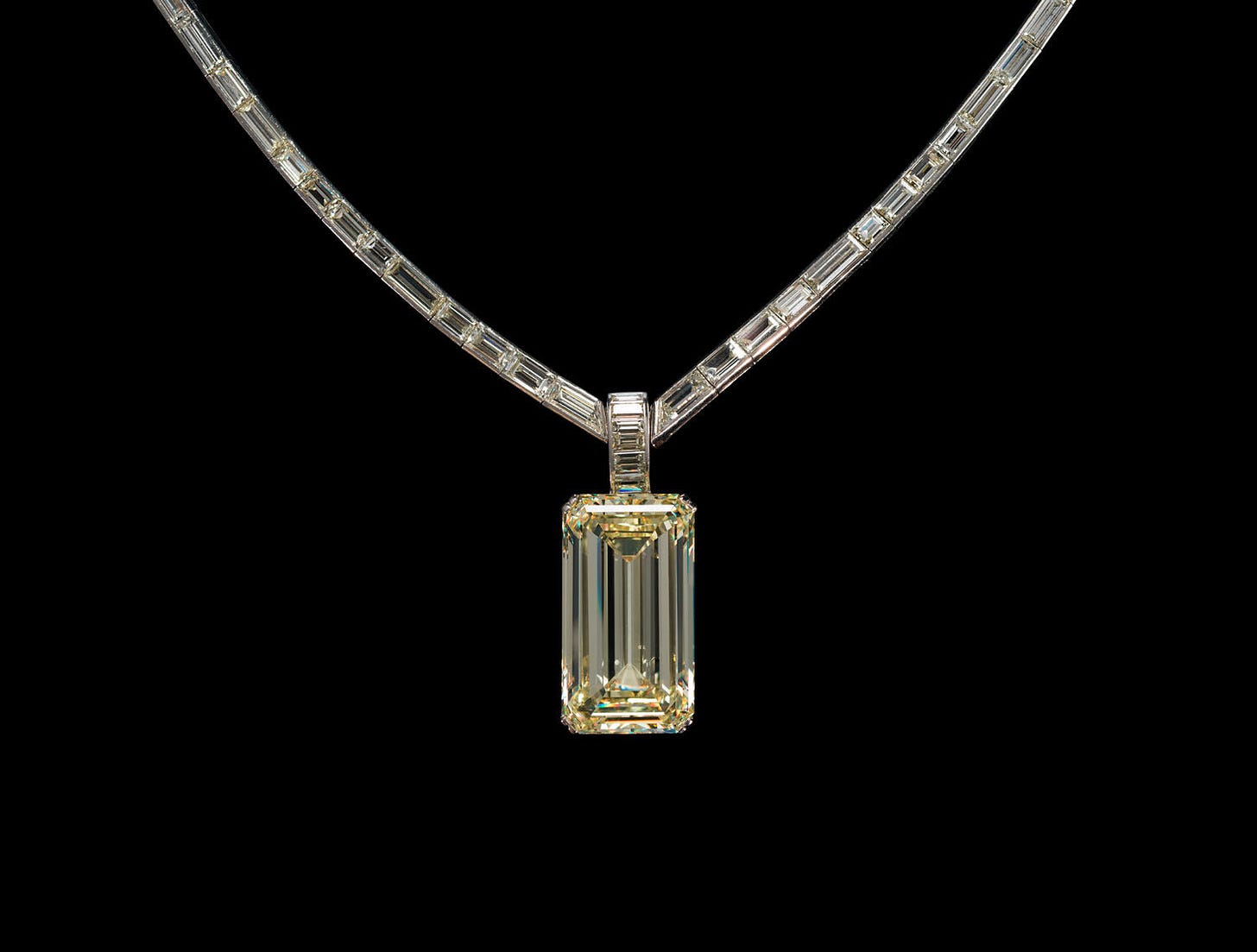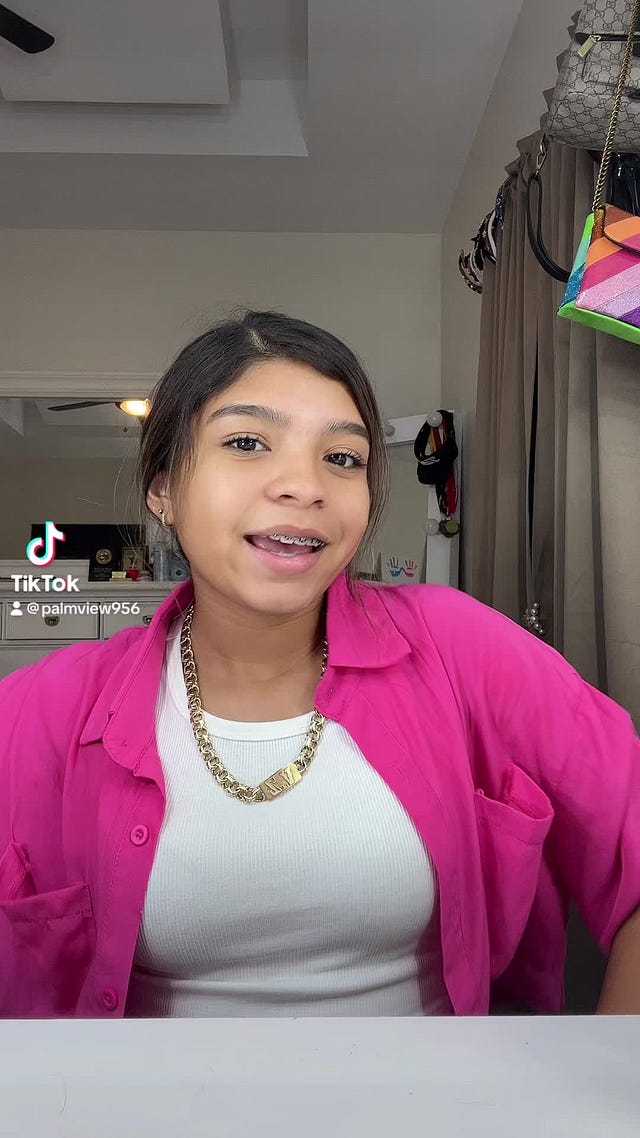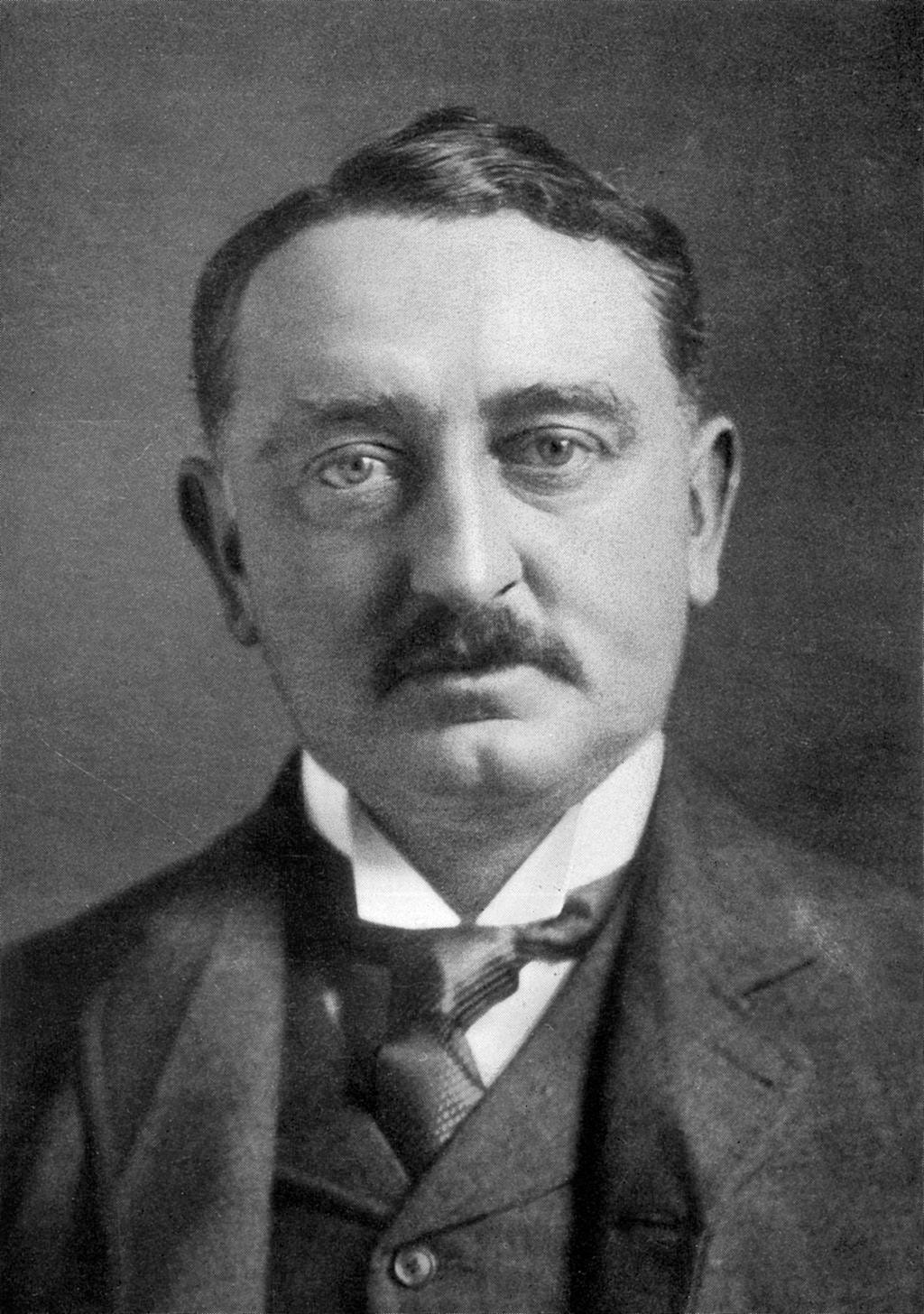Hello Searchers,
We have a new episode for you!
In this week’s letter – I’ll answer your questions about a feed drop, update you with a date for our big Zoom meeting, share the TikTok we discuss in our episode, and provide links to the documentaries and videos we referenced in the story.
Our episode
Why are we still buying diamonds?
They’re shiny rocks that we’ve somehow agreed embody romance and eternity. But diamonds, it turns out, are not as rare as we think. And these days, they can be made in a lab. So why do we continue to spend so much money on them? This week, the story of a century-long, international scheme. And the story of how it fell apart.
Apple Podcasts | TikTok | YouTube
To answer our question, we spoke to economist and lawyer Barak Richman. People who make audio like to talk about certain interview guests being “good talkers,” meaning – smart, charismatic, fun to listen to. Barak’s a good talker. His book, Stateless Commerce, is a great read too.
We really enjoyed this episode, we hope you do too. If we provided you $5 of entertainment this month, please consider becoming a paid subscriber.
Also, here’s the viral TikTok that was producer Noah John’s favorite thing from the internet this week. (We dissected it in the last segment of this week’s show.)
Feed drop
I used to co-host a podcast called Reply All. The feed for that show is owned by Spotify, and they agreed to send an episode of Search Engine down that dormant feed so that old listeners could find the new show. That was exciting for us. Our second priority this year (after making the best show we can) is to make sure that the show reaches enough listeners to have another year.
Some listeners wrote in to ask – how’d the feed drop happen though?
The answer, in our case … may bore you. There’s no compensation going on, in either direction. Spotify is promoting Search Engine, and in a couple weeks, we’re going to promote Heavyweight, which is one of my favorite shows of all time.
I will say, when it comes to feed drops in general — I think sometimes money may occasionally change hands? People can certainly pay to advertise podcasts on other podcasts. But in my personal experience, hosts I know with similar audiences will just trade each other for the opportunity to put their work in front of other people who may enjoy it.
If you get excited about cross-overs in the podcast MCU… stay tuned.
The Big Zoom Board Meeting
It was supposed to be in September. But it’s going to be Friday, October 6th. October 6th at 1PM Eastern time. If you are a paid subscriber to this newsletter, please mark your calendar now. You will receive an email link the morning of October 6th to join. How it’ll work: we’ll host an enormous Zoom, and I will take your questions.
If you’re interested in behind-the-scenes minutiae of how Search Engine works – the tawdry world of feed drops, the nitty-gritty of our CMS, what we’ve been up to with newsletter subscription funds – all will be revealed. Also, if you have suggestions for what you’d like to hear more of on the show, we’ll be taking those too.
Someone will moderate because I find reading a chat while answering questions to be too complex. I’m an extremely simple person.
I’m really excited for this. Last time we did it, there was just something about seeing all the faces of people who listen, who we never get to see, that meant a lot to me. If you can make it, please do. If not, there’ll be another meeting next quarter.
In any case, set your calendars now. October 6. 1PM Eastern. I’m putting it on my calendar so I remember to get a haircut.
And if you’re not already a paid subscriber, you can sign up here.
Further materials from the episode
Barak Richman’s aforementioned book, Stateless Commerce. One interesting thing he gets into that we didn’t have time for is the informal justice system that existed, for years, in the diamond trade. Outside of the court system, settled inside the world of the diamond bourse. Absolutely fascinating.
The Atlantic - Have you ever tried to sell a diamond? - A great, piece from the 1980’s about the strangeness of the diamond monopoly. Also gets into how hard it is for people who own diamonds to actually re-sell these rocks they’ve been told are valuable.
Joan Lunden, Behind Closed Doors: De Beers The GOAT Joan Lunden has posted this episode on YouTube. All hail Joan.
Riches of the Velde - that 1940’s newsreel we mentioned, hosted by the Internet Archive. Black and white footage of the Kimberly mines.
Frontline - The Diamond Empire - That Frontline piece with the great interview with a DOJ attorney trying to serve papers to De Beers. Also, we don’t mention this in the piece, but the DOJ did eventually win. In 2004, De Beers pled guilty in US court to price-fixing, it’s why you can go to a De Beers store today.
Alright, that’s it for us this week. See you next week with a question about… Sam Bankman-Fried. (The ghost of Crypto Island murmurs from another room…)
Thanks for listening,
PJ









PJ, I refuse to be reduced to a chat message on your big board meeting! I demand the floor for 4 seconds to say: I love your work, it’s great to have you back, we’re excited for what you do next! This is what I paid the big bucks for. 😄
So one thing in the episode is that you mentioned that you didn't think gold had many uses, similar to diamonds. Diamonds are super abundant, as you found, but gold has a lot of things going for it:
1. It's conductive, so it's awesome for circuit boards.
2. It doesn't tarnish or corrode in its pure form like other conductive materials, like copper, iron, silver
3. It's super ductile - ie, you can pound it incredibly flat with a hammer and it'll stay as a single object. It can be pounded so thin that it can be made see-through, or it could be drawn into incredibly fine threads. This is why we can make gold leaf.
4. When pounded thin it can be used as a radiation shield - that's what the inside of astronaut helmets are made from, and why they have that gold tint - they're literally gold.
5. It's very soft, meaning it can be worked and reworked very easily without needing a lot of heat and/or expensive manufacturing tools. Back when it was used for coins you could bite it to check for authenticity or cut it to the exact size you needed it to be for a transaction.
6. It's inert, so it's safe to be used on skin or in the body. That's why we've used it for jewelry for so long, but that also means you can use it for dentistry (crowns, fillings, bridges)
Anyway all of this is to say that compared to diamonds gold is a genuinely useful material, so even if we all decide that jewelry is for chumps then it'll still have a ton of industrial applications.